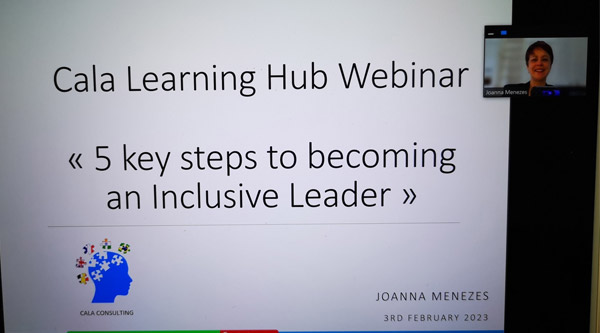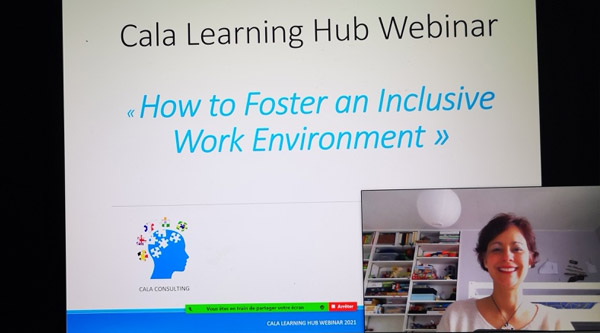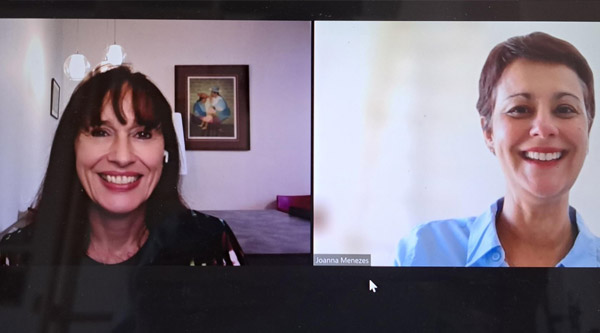Between the young people of Generation Z who were born with the Internet, those of Generation X who are keen to balance their professional and personal lives, and the Boomers who have always found fulfillment through work, there's no shortage of sources of tension between colleagues! And yet it is possible to work well together, reminds professional coach Joanna Menezes. “Each generation is marked by historical and social events that have shaped it, but certain values can be shared,” she explained during the last webinar of 2024.
“A multi-generational team can bring a lot of value to the company, whether in terms of knowledge, adaptability to change or understanding of customer needs,” continues Joanna Menezes. But who are these different generations working together in the company? And what are their aspirations?
4 generations in the workplace
Baby Boomers (1945-1964)
- According to INSEE, they represent around 20% of the French working population in 2024. Their priority is to “live to work”. Loyal to their companies, they are attached to rewards and recognition from their manager, whom they prefer to be directive. They are often uncomfortable with new technologies.
Generation X (1965-1980)
- Representing a quarter of the working population, their ambition is to “work for a living”. Rather comfortable with technology, they appreciate autonomy and challenges. Their preference is for a participative style of management.
Generation Y or Millennials (1981-1995)
- For them, who represent 30% of the working population, there is no clear divide between work and one's private life. Very comfortable with digital tools, they like to take responsibility but are often not very loyal to their companies. These workers prefer a collaborative style of management.
Generation Z (1996-2010)
- A quarter of the working population is made up of these young people aged between 15 and 30. Driven by a more entrepreneurial spirit, they were born with new technologies and are looking for flexibility between their professional and personal lives. They prefer enlightened management that leaves room for creativity and innovation.
3 major challenges to overcome
Here are a few best practices to help you meet these three challenges:
1- Meeting the career expectations of different generations
- Integrate innovative practices into recruitment processes
- Set up career development plans, career reviews and succession planning..
- Offer training and coaching programs...
- Organize specific workshops on parenthood, being a carer, etc.
- Offer support to prepare for retirement
2- Transferring knowledge, skills and the corporate memory
- Set up a robust onboarding program for new recruits
- Offer mentoring and reverse mentoring programs
- Organize in-house training and co-development workshops
- Set up intergenerational communities of practice
- Draft documents (guides, procedure descriptions, etc.) and publish them on the intranet.
3- Promoting intergenerational cooperation
- Encourage collaborative projects between generations
- Establish rituals to celebrate key life moments (arrivals, departures...)
- Encourage employee volunteer initiatives
- Launch internal competitions or sporting challenges
- Train teams in intergenerational diversity, “which fosters understanding among all employees and helps to deconstruct stereotypes”, says Joanna Menezes.
Would you like to exchange ideas with other members of the Cala Learning Hub network and meet the experts who led the 2024 webinars? Join us on Thursday, December 5th in Paris, starting at 7pm, for a friendly get-together!

Blog article written by par Laure Blancard







 Copyright © 2016 - 2026 - Cala Consulting
Copyright © 2016 - 2026 - Cala Consulting